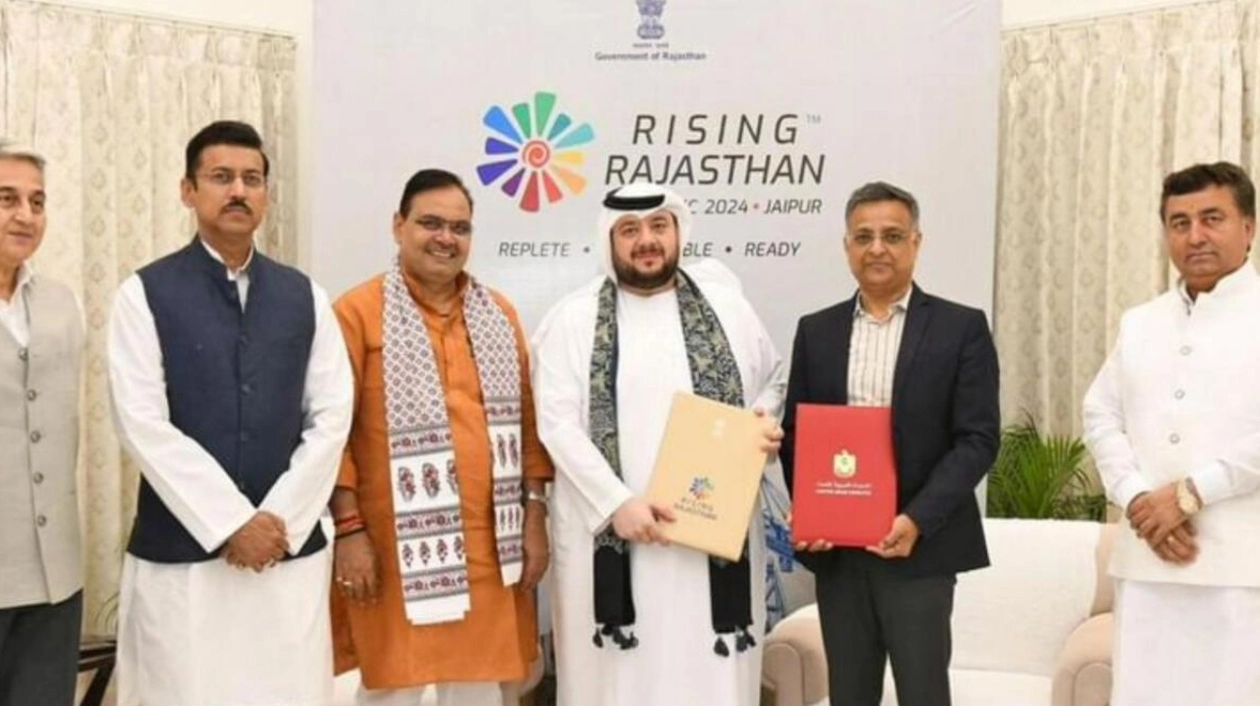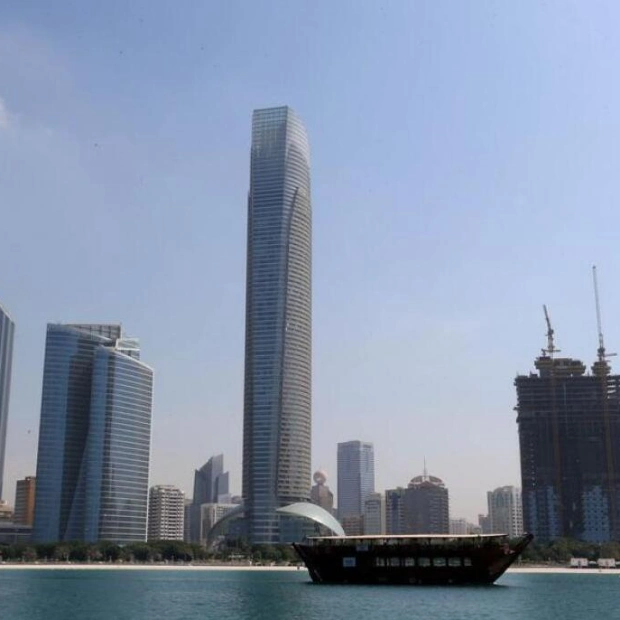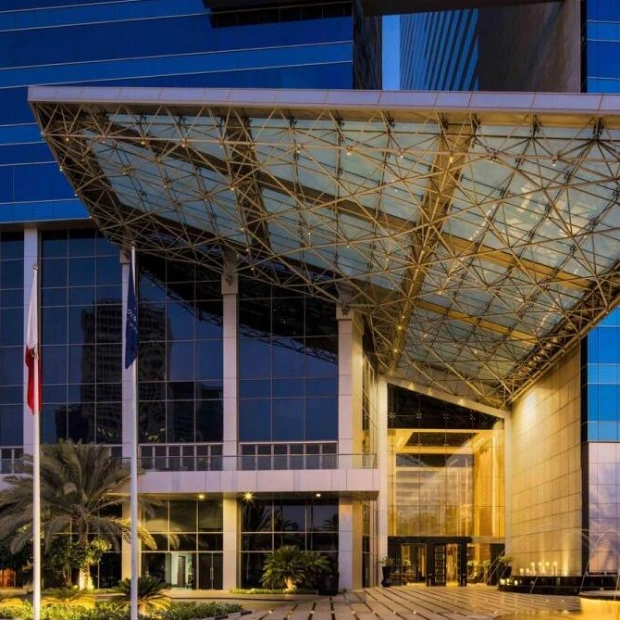The UAE has entered into an investment memorandum with the State of Rajasthan to explore the development of a 60 GW project in the Indian state. This agreement will focus on solar, wind, and hybrid energy opportunities in the Western district of Rajasthan. The historic agreement aims to introduce best-in-class renewable energy technologies to construct a long-term plant that will address critical energy needs in the state. The UAE will designate an appropriate developer to execute this landmark initiative, working closely with relevant Indian authorities. This partnership is built on the broader Investment Cooperation established between the UAE Ministry of Investment and the Ministry of New and Renewable Energy of the Republic of India, where the development of such a project was initially outlined.
Mohamed Hassan Alsuwaidi, UAE Minister of Investment, and Shri Ajitabh Sharma, Principal Secretary of Industries in the Government of Rajasthan, were the official signatories on the memorandum. Alsuwaidi stated, "Meeting tomorrow's energy needs through sustainable and renewable methods is essential. The UAE remains at the forefront of an ambitious diversification agenda, with energy transition as a key pillar. This project underscores our steadfast commitment to advancing clean energy solutions. Rajasthan, with its favorable climate and vast landmass, provides the ideal setting for this initiative, serving as a testing ground for innovative technologies that will shape the future of energy." Sharma added, "India is resolute in its commitment to a sustainable energy future, and partnerships like this one with the UAE are crucial in achieving our goals. By harnessing Rajasthan's natural advantages, this project will not only accelerate our energy transition but also serve as a model for innovation in renewable energy. Together, we are paving the way towards a greener, more sustainable world."
Both nations have set ambitious clean energy goals in recent years. As part of the UAE's Energy Strategy 2050, the country plans to invest over $163 billion by 2050, aiming to derive 50 percent of its energy mix from clean sources by the same year. Additionally, the UAE aims to achieve net-zero emissions by 2050, aligning with global climate goals and enhancing its economic sustainability. Rajasthan's plan aligns with India's significant strides in its clean energy transition, aiming to reduce carbon intensity by 45 percent by 2030 and achieve net-zero emissions by 2070. Currently, 40 percent of India's power capacity comes from non-fossil fuels – nine years ahead of schedule. Furthermore, with the $2.4 billion National Green Hydrogen Mission, India seeks to position itself as a global leader in green hydrogen production, usage, and export by 2030.
Source link: https://www.khaleejtimes.com






